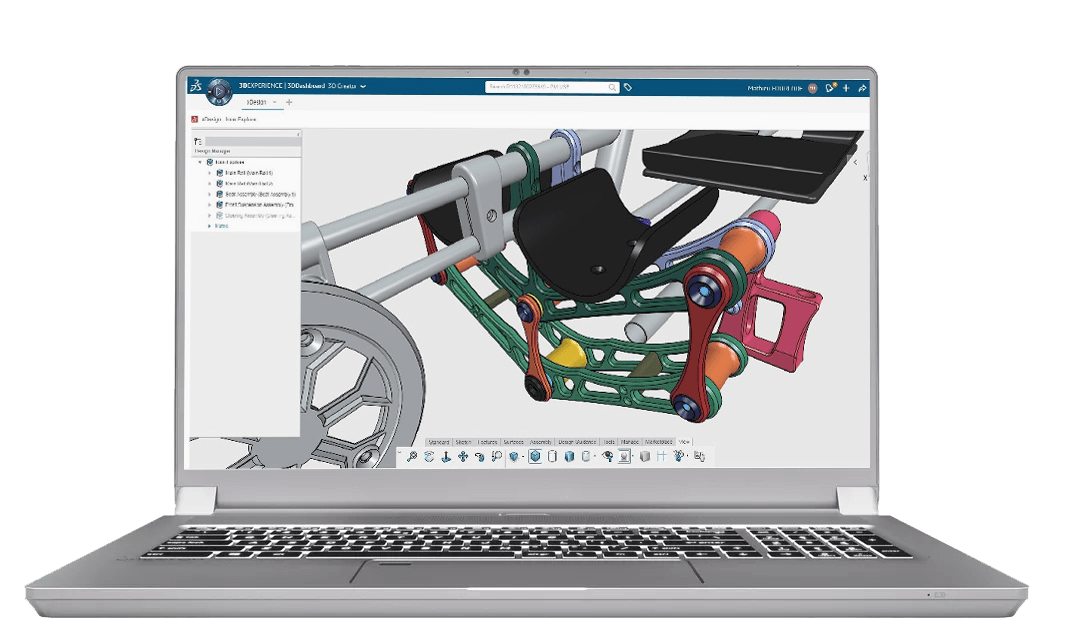Spring Budget 2023 R&D tax announcements
20 March 2023
Most of the R&D tax proposals from the Autumn Statement were confirmed in the Spring Budget Statement, with two changes:
- Loss-making SMEs that are deemed ‘R&D intensive’ will receive an enhanced rate. A company that spends 40% or more of its total expenditures on R&D falls into this category. This new rate will result in a 19% reduction in tax relief (versus -44% for non-R&D-intensive businesses).
- R&D tax relief restrictions on overseas expenditure have been delayed from 1 April 2023 to 1 April 2024. As a result, the government will have time to consider how this restriction will interact with the design of a potential merged R&D relief scheme.
If you fall just below the arbitrary cutoff point (40% of total expenditure), you will be penalised. This will inevitably add complexity and could force corporate structures to be redesigned to clear the 40% hurdle and maximise tax benefits.
All the other R&D tax credit proposals remain intact, including:
Cloud computing, data & pure maths
Costs associated with datasets and cloud computing have been added to the scope of qualifying expenditures by the government. The definition of R&D for tax purposes is also extended to include advances in pure mathematics.
Pre-notification
From April, companies considering applying for R&D tax relief will need to give advanced notification of their intention to claim. This is within six months of the period-end for which they plan to submit a claim. Companies that have already submitted a claim on any of the three previous periods will not need to notify prior.
The claim submission process
It will be mandatory to submit all R&D claims after August ’23 digitally as well as to provide a description of the R&D, a breakdown of qualifying costs, the name of any R&D agent, and to have the claim signed-off by a senior company officer.
In summary…
There have been significant changes to the R&D tax relief landscape over the last decade – rates have changed, more activities are eligible, new categories have been created (R&D intensive), pre-notification has been instituted, and new processes have been implemented (including senior officer sign-off).
Please contact us if you have any questions or if you would like to share your views and comments on the above proposed changes. Our team would be pleased to discuss your situation and provide tailored advice.
Contact us






